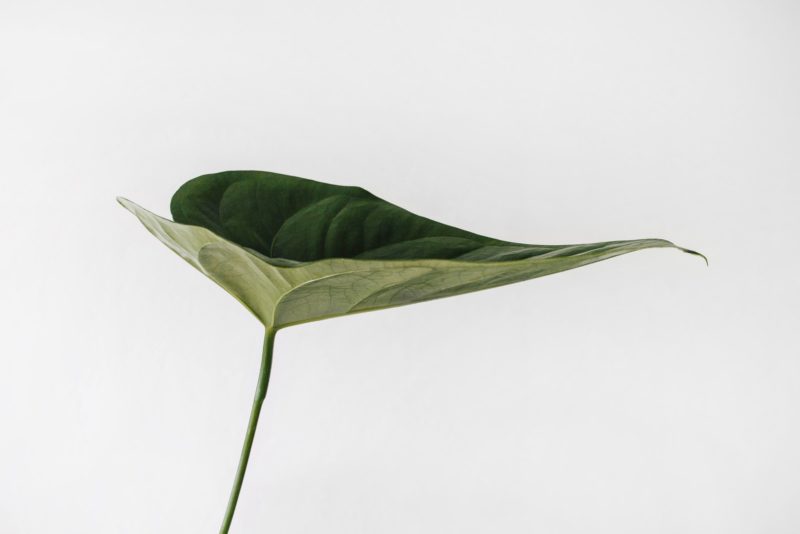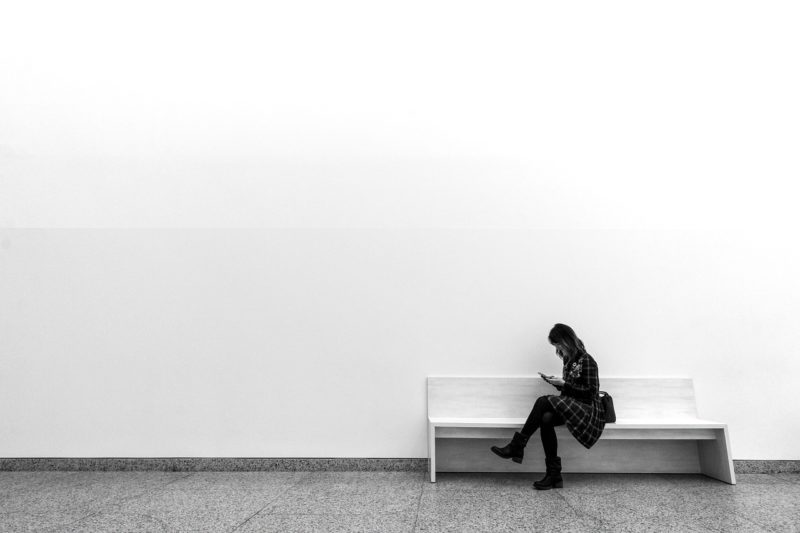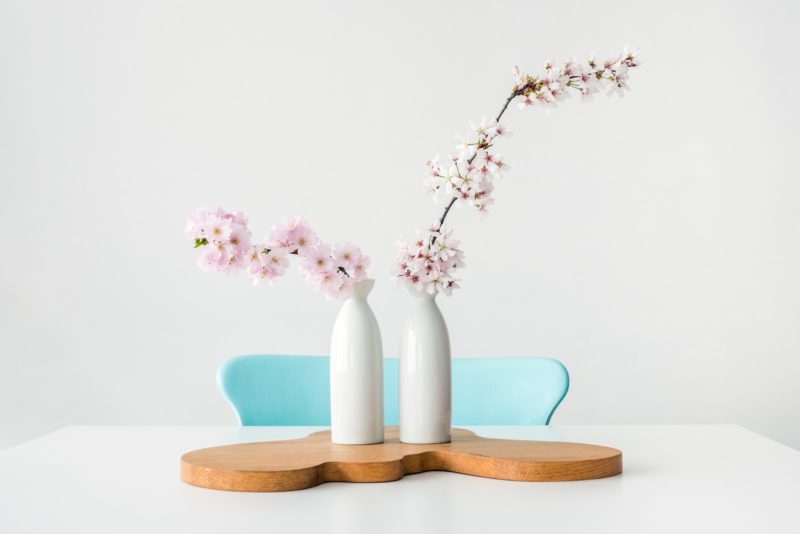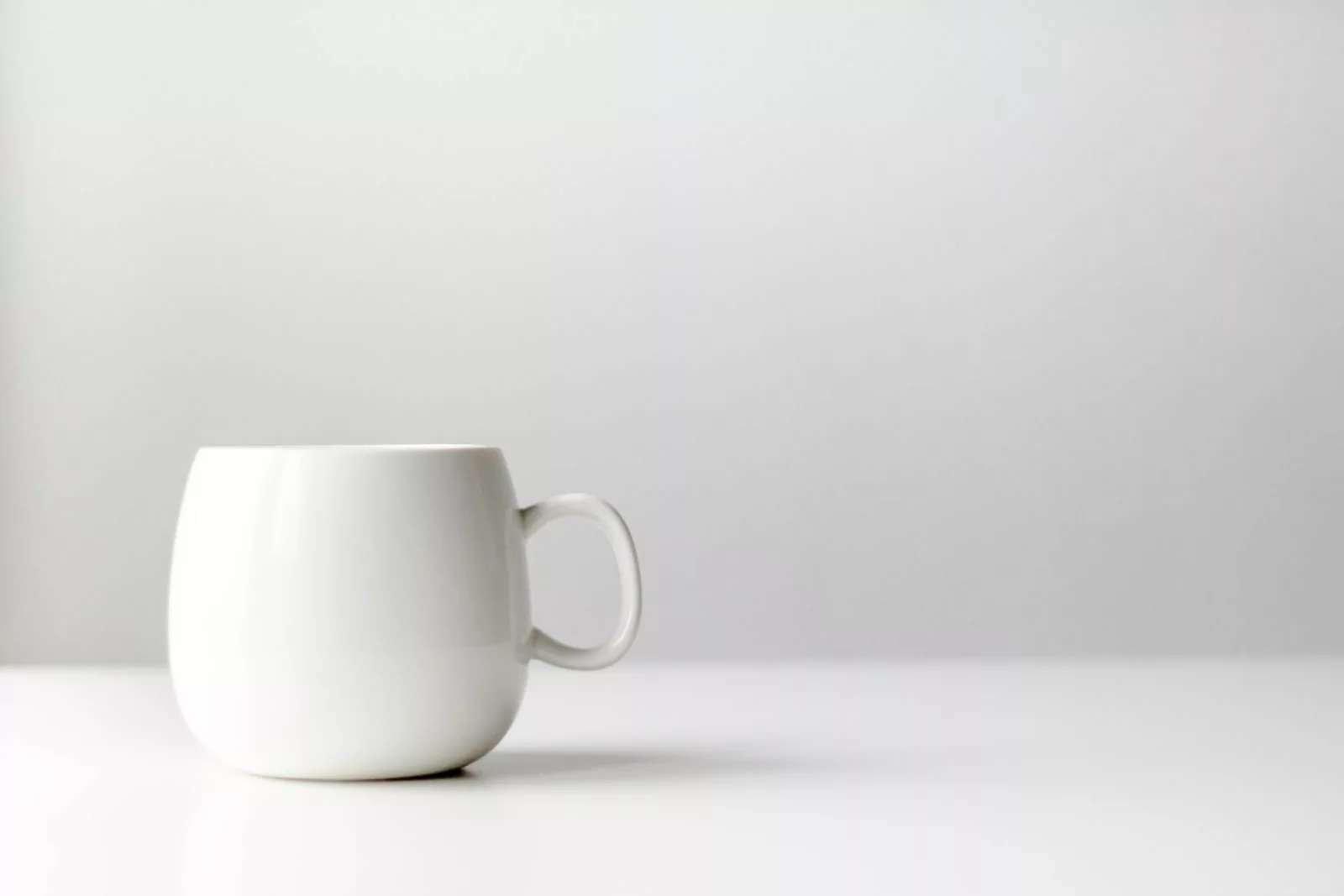We live in a consumerist society in which values and social norms are centered on the acquisition of goods and services. Materialism, individualism, social Darwinism, isolation from society, and constant rivalry are the primary features of such a society… and it is never sufficient.
So, how do you maintain a minimalist way of life in such a society? Let’s get back to fundamentals. The only things we require to survive or actually be alive are water, air, and food. Everything else is a luxury imposed by society or ourselves.
Table of Contents
What is the minimalist lifestyle?
When it comes to the minimalist style of living in general, it is quite tough to give a precise definition of what it is exactly. The origins of minimalism are very complicated and difficult to define. If you feel dissatisfied despite having everything that would make most people happy: employment, a lovely house, family, car, and so on, perhaps minimalism is precisely what you need. The objective of minimalism is to obtain the greatest amount of joy and happiness in life. To be happy, we must make room for the things, people, and activities that bring us joy. While there is no specific definition of minimalism, The Minimalists Ryan Nicodemus and Joshua Fields Millburn define it as “freedom.” The documentary Minimalism’s creators, Nicodemus and Millburn, think that minimalism has no precise rules or criteria, but rather that it is a desire to begin getting wealthy on experiences rather than possessions. Other well-known minimalists, such as Joshua Becker of Becoming Minimalist and Leo Babauta of Zen Habits, believe that minimalism is about following one’s passions and owning fewer belongings.

Will living a minimalist lifestyle will make you happier?
Before you intend to start living a minimalist lifestyle, if you haven’t already, let’s look at the pros and cons of doing so. Some individuals would argue that simplicity is the greatest way to live. Others criticize it as a privileged lifestyle, or claim that it is a problem and give reasons why they quit being a minimalist.
No one can make your choice for you. It is something that you either click with or don’t. Some of the benefits of living a minimalist lifestyle include having more space, less stress, more meaning, and more freedom. If such things can make you happy, there is the answer to your question.
The disadvantages include the entry of getting started, letting go of many things we believe we need, and even receiving criticism for it. Do you have an overabundance of possessions in your home? Do you believe you don’t devote enough time to activities that are significant to you? If you answered yes to those two questions, perhaps minimalism is a lifestyle you should pursue.
What’s the best way to get started and make the transition to a minimalist lifestyle?
If you’re still reading, it’s because the concept of living a minimalist lifestyle has piqued your interest. Let’s get started. To live a minimalist lifestyle, you don’t have to throw away all of your belongings and move into a tiny apartment. Perhaps a closet cleanout is the first step on your journey to simplicity.
Perhaps it begins with letting go of destructive relationships. It might also imply learning to buy fewer things. Even while minimalism can be applied to any part of your life, from housework, and career to relationships, start with only one. The home is regularly an important part of minimalist living. When you think of a minimalist home, you might imagine white, open spaces and bare walls, but the truth is that everyone can practice minimalism in their own unique way.
When it comes to being a minimalist, there are many different methods. The majority of authors believe that the first stage is to figure out or identify what matters most to you in life. Then start getting rid of everything that isn’t absolutely required. If you’re not sure where to begin, the article “How to Become a Minimalist in 30 Days” is a good place to start.

How do you remain a minimalist?
After we’ve gone over the basics and you’ve decided on or even begun, this lifestyle, it’s essential to learn how to keep it lasting.
Because minimalism focuses on what truly makes us happy, removes anything we don’t need, and maintains the cleanliness of both the house and the mind, let’s look at how the Japanese “5s” technique and Feng Shui philosophy may assist in maintaining this lifestyle.
5 S and Minimalist Lifestyle
The 5S philosophy (5S) derives from a Japanese acronym for seiri (organization), seiton (neatness), seiso (cleaning), seiketsu (standardization), and shitsuke (discipline), a concept rooted in Japanese daily life. According to the literature, two significant frameworks for understanding and applying 5S to corporate contexts have emerged after WWII, one suggested by Osada, and the other by Hirano. Toyota manager Takashi Osada led the initial 5s implementation. The first stage in any quality movement, according to Osada, should be a 5S movement – that is, a commitment to organize the workplace, keep it tidy and clean, maintain standardized conditions, and maintain the discipline required to execute a proper job. 5S is a vital component of Japanese culture and society, according to Osada. He believed that 5S was neither a technique nor a tool but a life and business concept.
As previously said, this approach, or maybe life philosophy, shares many similarities with minimalism.
You will be able to sustain your minimalist lifestyle by applying the 5s.
- Seiri (sort) – Remove everything that isn’t required by isolating necessary tools, components, and instructions from unnecessary stuff.
- Seiton (set in order) – Organize what’s left by neatly organizing and labeling components and tools for easy access.
- Seiso (shine) – Conduct a cleanliness effort to tidy up the workspace
- Seiketsu (standardize) – Schedule routine cleaning and maintenance by doing seiri, seiton, and seiso on a daily basis.
- Shitsuke (sustain) – Form the habit of constantly following the first four S’s to make 5S a way of life.

Methodology of Feng Shui and Minimalism
“Feng” and “Shui” are Chinese terms that signify “wind” and “water,” respectively. This idea came from an old poem about human existence being linked to and flowing with its environment. This is also an important aspect of minimalism. Connecting with nature in a variety of ways.
Feng Shui, which has a five thousand-year history, is a way of structuring living environments that are appropriate for human existential qualities. It is thought that by doing so, we may have better lives, form happy relationships, advance our careers via personal growth, and enhance our incomes.
The most essential piece of Feng Shui advice is to rid your environment of superfluous items. Get rid of everything you no longer use, don’t need, are broken, or aren’t operating correctly. Items that take up space in your house even when not in use stifle creativity and renewal. Get rid of the old ones to make a place for the new ones.
The world is your oyster, you take what you need out of it!
Let’s sum up. You put in the effort to purge, but maintaining a minimalist lifestyle takes a different type of effort to keep the clutter and accumulation of stuff at bay. Whatever method you employ to assist you to maintain this lifestyle, will be effective because there is nothing worse than giving up on something that brings you joy. If you still have concerns and believe that you won’t be able to sustain your minimalist lifestyle, refer to the advice and tips offered below:
- Overcome your fear of shortage by referring to basics – we don’t need much to be happy
- To be in sync with others, you must first be in harmony with yourself – you are the only person that knows what is good for you
- Know what you don’t want, get rid of the clutter, and indulge in uncomplicated pleasures
- Consider yourself a Stoic
- Create a workable regimen
- Create a life philosophy – and maintain it through constant improvements
- Improve your mentality – no matter what, this is how it should be and you can`t change it
- Improve your financial relationship – I don`t need to wear expensive clothing to be worth
- Make your own style more streamlined – like it or not, this is me!
- Learn how to be satisfied – value small things
- Simplify your journey and be willing to accept mediocrity
- Priorities must be balanced with procrastination
- Make decision-making easier – don`t overanalyze
- Do nothing at all – yeah, take the day off
- Reduce so that you can increase – probably the most favorite advise
- Consider what you don’t have – and what you don’t need
- Organize your necessities – not everything is important
- Remove yourself from superficial interactions
- Don’t attempt to accomplish everything.
- If necessary, say no – more precise, say no more often, to things that you don’t want or make you unpleasant
- Make the ideal day, because: “Life is not measured by the number of breaths we take, but by the moments that take our breath away”


